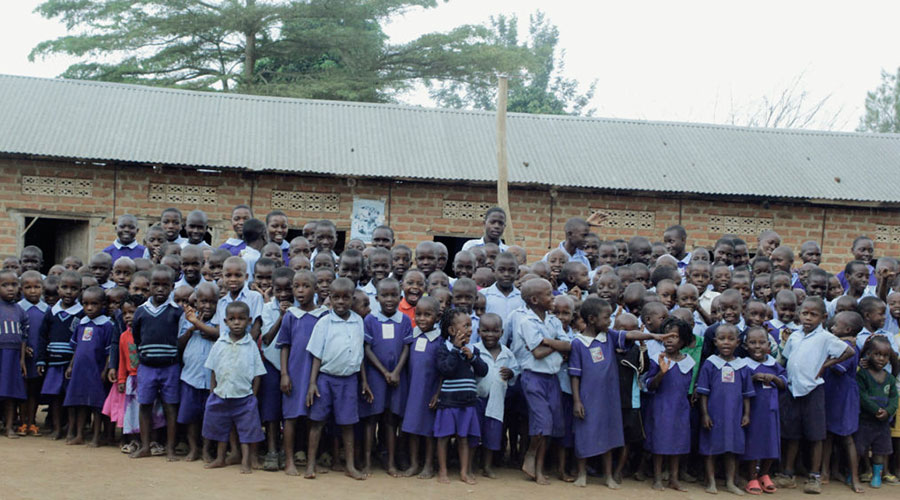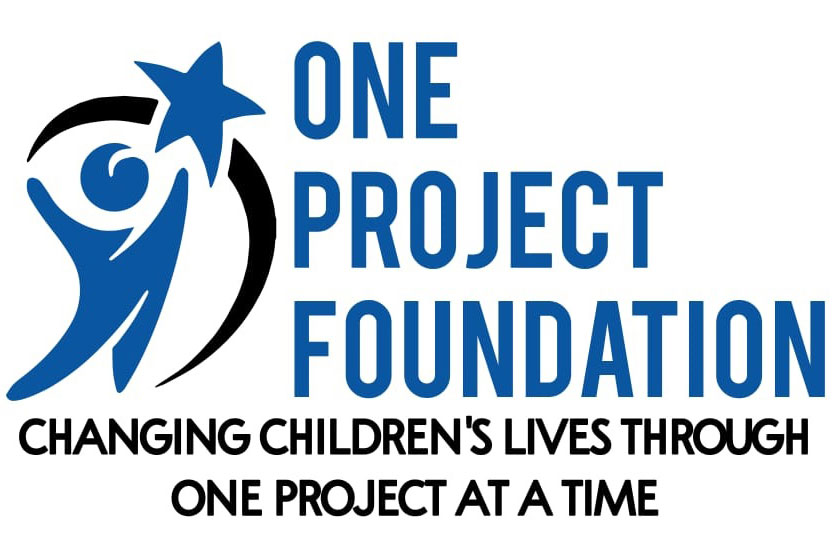
“For any child, the first five years of their lives have so much to do with how the next 80 years turn out if they live to be old,” billionaire philanthropist Bill Gates once said, summing up the importance of early childhood education in the development of any child.
Early Childhood Education is featured prominently in the World Bank’s Education Strategy 2020, which lays out a ten-year agenda focused on the goal of “Learning for All.” With the tagline ‘Invest Early, Invest Smartly, and Invest For All,’ the strategy says that an investment in early childhood education will support the development and growth of any nation, particularly for emerging economies such as Uganda.
When you visit the many regions across over 111 districts in Uganda scattered in the different areas that make up this nation, it will be discovered that there are many problems with early childhood education programs and the way young children are being taught. Not too long ago, while visiting unofficially a remote village in the sub-county of Kyazanga found in the Lwengo district, I saw children as young as four years being drilled in spelling lessons. Some teachers, appearing helpless when their students were more interested in playing with their friends, asked me, “How do I get children’s attention? Or “How can we make them interested in learning this material that is so very important?” Others also said they were pressured by the students’ parents to teach basic reading and math, a curriculum for grade one in primary schools.
These teachers are not aware that there are advantages to children being able to have fun ‘playing’ activities that stimulate the children’s physical, socio-emotional, and cognitive development. They don’t know how to blend the local knowledge, such as popular folklore stories, into student activities, and they are not well-equipped to create a welcoming environment that stimulates creativity. Neither do they have the skills to establish good communication with the student’s parents. For children aged 0 to six years, learning should be a fun process, and educators must have the skills to apply the process and engage their students.
To strengthen the skills of educators in villages, many of whom reside in remote locations that require hours of walking or motorcycle transport, new government programs or private programs under the supervision of the government need to be introduced and established where they are needed most.
Comparing these programs, such as the Smart Generation in Villages program in the country of Indonesia, which was introduced and has received support in terms of funding from Australia’s Department of Foreign Affairs and Trade (DFAT) and also received support from the World Bank.
With this Smart Generation in Villages program, thanks to a $5.4 million grant from DFAT, more than 15,000 early childhood education and community teachers across villages in 25 districts can access a national program to improve their teaching skills. Teachers in rural areas can enroll in district-based training programs lasting up to one year, depending on the resources in their respective villages.
With reference to Indonesia, this training is very important because many teachers—particularly in the countryside—are not well equipped with knowledge of early childhood education development programs. The Ministry of Education and Culture says that more than 20,000 villages—or about 30% of all villages in this country—don’t have access to early childhood education facilities. There is an urgent need to train these teachers on how to stimulate children’s creativity. This simply cannot wait.
The Smart Generation in Villages program was not established in a vacuum; it was built and established on existing initiatives. Specifically, the program was born out of three existing programs: the Smart and Healthy Generation program under the Ministry of Villages, Disadvantaged Regions, and Transmigration; the Ministry of Education and Culture’s Early Education Program; and a program to improve the quality of teachers and education professionals.
The training is rigorous. There are four phases that teachers have to complete. First, they must attend 48 hours of intensive basic training on early education, offered by the Ministry of Education and Culture. Second, they must complete 200 hours of independent assignment in their respective villages. Third, they will receive support to attend the inter-village Early Childhood Education Teacher Forum based in the district’s capital. Fourth, each teacher will be visited by the district coach to receive feedback on their performance.
From a personal perspective, I am happy to see the growing attention and interest that the Indonesian government is showing towards the early childhood education and development programs. Research has shown that children who receive excellent early childhood education tend to be more successful as they grow older and are more competent socially and emotionally. With this new program, the Indonesian government is making a sustainable investment in the country’s future workforce. This will help Indonesia transform into a knowledge- and service-based economy that can compete globally.
Well with respect to Uganda, we can take a page from what Indonesia is doing. We can find ways we can learn from them and apply what they have done as we pay more close attention to the most important phase of any child, and this is their early childhood education and development.
As Mr. Bill Gates implied, the intelligence and creativity of our future generations depend on how we support their early education now. It is important to take steps to help nature develop and establish these Early Childhood Education and Development programs that will yield strong returns in terms of the impact that this has on any country, especially one that is in the developing stages like Uganda.
